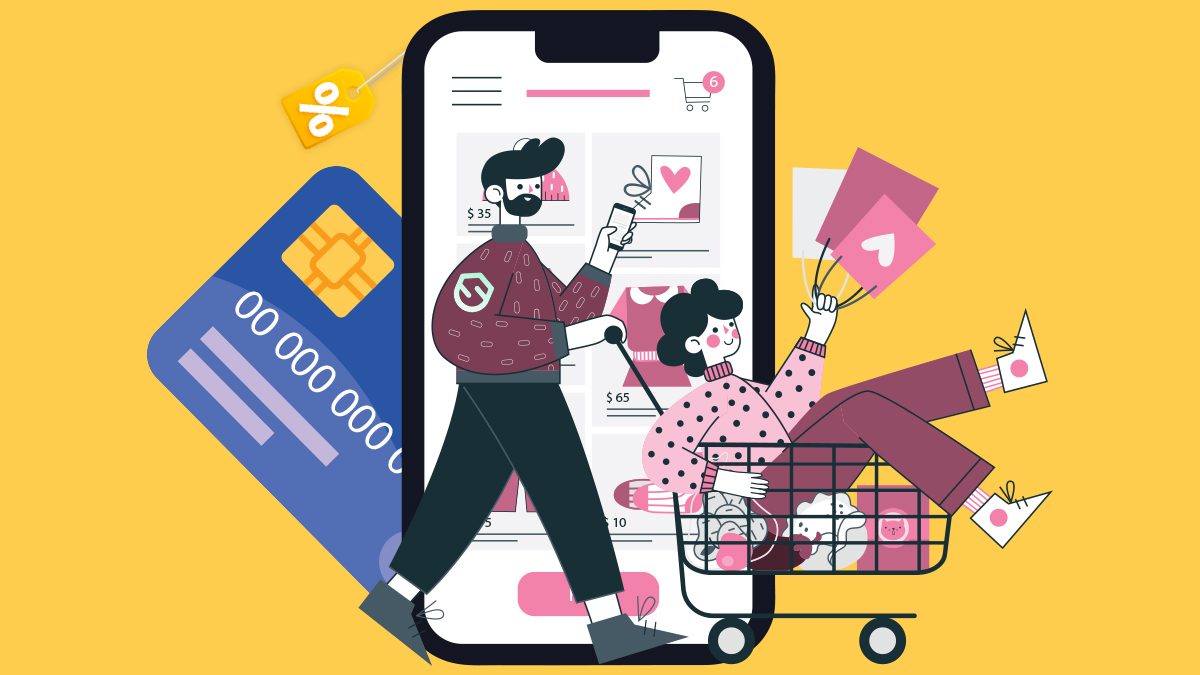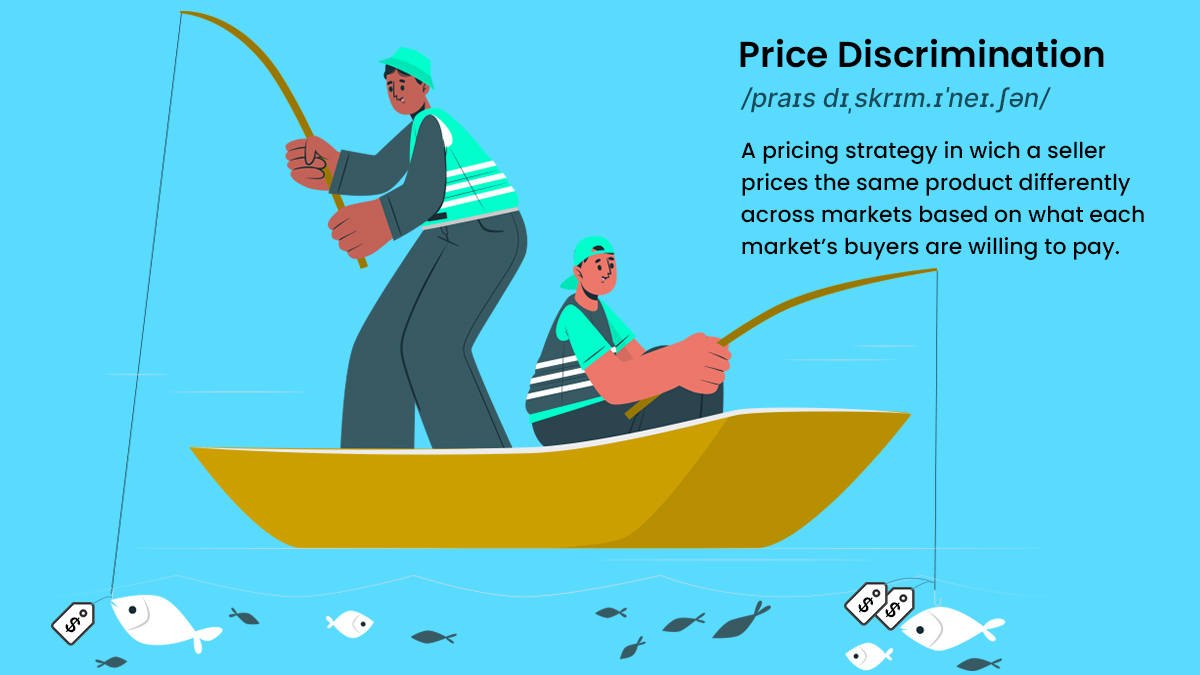Why protecting online privacy could also help you save money
You hear of an airplane ticket priced at $150 from a friend; you instantly check the retailer's website and discover the same ticket for $185. How is this even possible? According to a 2015 research conducted by Northeastern University, more than half of the major online retailers charge customers personalized prices based on their online profiles.

Don't be too surprised by this! We may naively assume that everyone receives the same conditions and pricing for the same goods and services. Unfortunately, it isn't always the case since people aren't always ready to pay the same amount for the same product, which creates a chance for those taking advantage of it. Usually, this is referred to as pricing discrimination.
So, what is price discrimination?
Price discrimination occurs when someone is charged a different price depending on information about their life. This information includes everything, from time and place to gender and job.

The practice gains from online databases that collect buyers' profiles. Retailers might offer various pricing to different consumers by analyzing personal information and behavior. User IP addresses and cookies are used to store information such as location and shopping history.
An airline, for instance, may charge varying costs based on the season, time, day of the week, and general demand. Or suppose a company chooses to offer coupons to clients who are more likely to utilize them because of their age or purchasing habits. Or travel firms tend to give discounts to students since they have a smaller budget than older tourists. It all comes down to market segmentation, and the retailer believes that consumers may be asked to pay more or less depending on their demographics and how much they value the offering.
Why does price discrimination matter?
Because pricing discrimination may in fact be taking your money and not even realize it. Some marketers that use pricing discrimination rely on your naivety and ignorance.
That's the reason why everyone should be concerned about pricing discrimination and its impacts. You've probably been impacted hundreds or thousands of times in your life as a customer, and you couldn't do a darn thing about it since you had no idea it was occurring. If you care to continue reading, you will discover how to find it out and what (if anything) you can do about it.
Take into consideration the following strategies for online anonymity:
Use a VPN
Using a VPN may disguise your geolocation, make it seem as if you are accessing somewhere else, and help you and save you a ton of cash. With a VPN, it is difficult for websites or marketers to determine your income based on your ZIP code or to correlate your searches with prior visits. You may alter your location by connecting to a VPN server in a different country and viewing the foreign version of the site to see if the costs are cheaper in another currency.
Also, a VPN can come in handy by changing your IP address at each internet session and preventing websites from raising their prices depending on the number of times you have visited their sites. VPNs also block targeted ads, which can sometimes persuade internet customers to spend more money on a product.
Use an Incognito/private mode or clear your cookies
Price changes may be made based on the information stored in cookies while you are browsing a website. For instance, if you go back to the website of an airline after looking at travel options, you could find that the price has gone up. Therefore, if you want to cut costs while shopping online, it's a good idea to use the incognito mode on your browser. It makes it significantly more difficult for websites to correlate your visit with previous visits in order to figure out what you typically purchase online (even though it will not make you perfectly anonymous by itself). When you shut your incognito window, all of its cookies will be removed immediately, and when you reopen it, you will begin the browsing session from scratch.
Use an ad blocker
You may use an ad blocker as a browser plugin, such as Ublock Origin (Chrome, Firefox, Opera), to not only block you from advertising but also stop advertisers from tracking your browsing activity. The value of safeguarding your privacy is quite real. You will be able to get better deals over time by preventing companies from tracking your spending habits. Additionally, this will make it impossible for companies to charge you higher prices due to discrimination.



